Dr. Edward D. Lee
Edward D. Lee is an incoming Assistant Professor in Physics at Seoul National University. (click to read more)
Our research network seeks to spark a paradigm shift for understanding, and ultimately explaining, global trends in autocratization.
Previous research has struggled to address democratic backsliding, largely because it has not adequately conceptualized or captured the underlying processes.
We focus on the interdependencies between actors and across states in space and time, modeling them as a dynamic network calibrated with real-world observations.
This approach allows us to apply advanced methods from complexity science and statistical physics to detect diffusion phenomena, identify critical points, and assess the risks of cascading effects.
Ultimately, our goal is to equip decision-makers with real and timely insights, enabling them to make informed choices and potentially alter the course of history.

Edward D. Lee is an incoming Assistant Professor in Physics at Seoul National University. (click to read more)
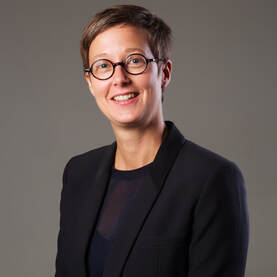
Karoline Wiesner is Professor of Complexity Sciences in the Department of Physics and Astronomy at the University of Potsdam.
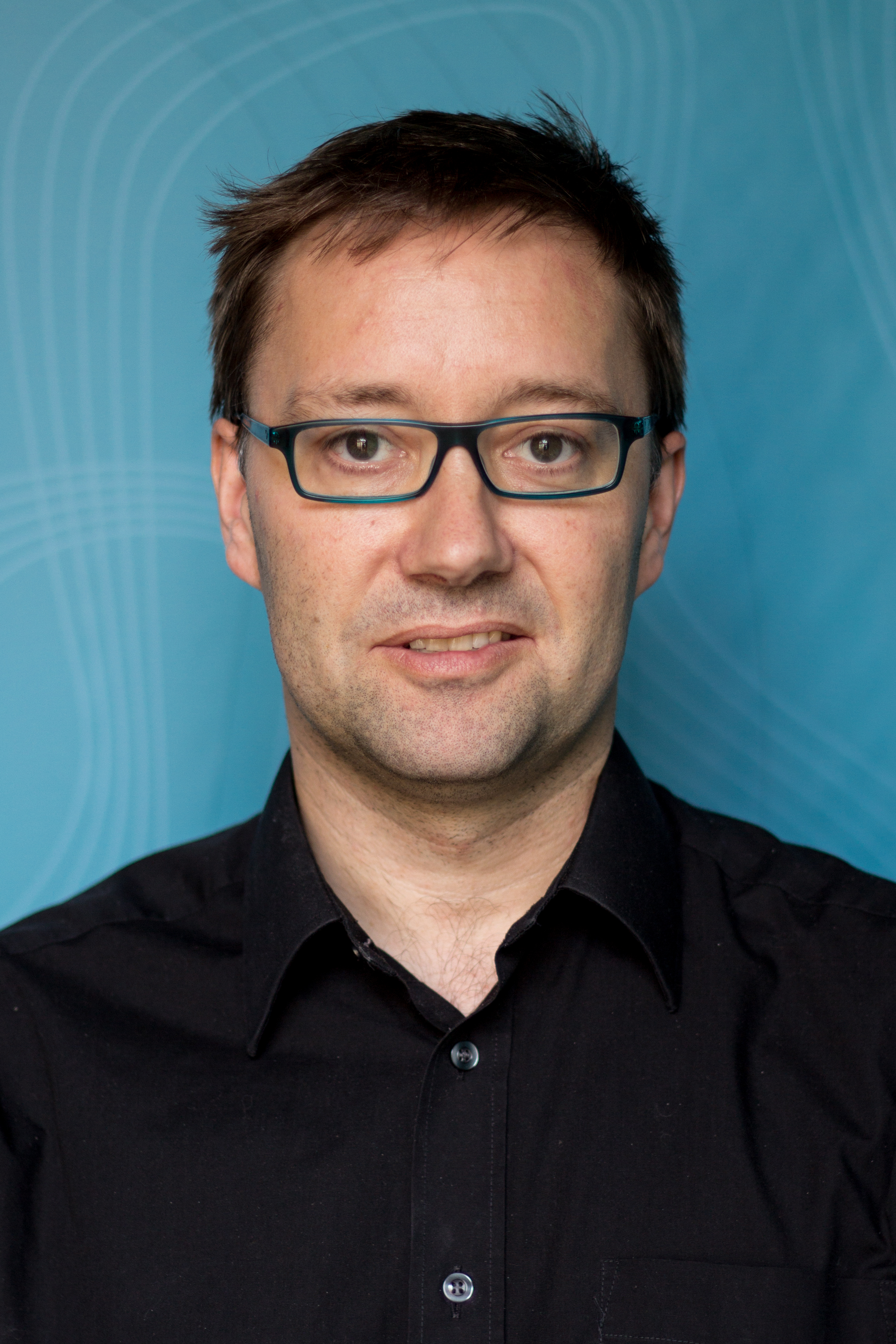
Kristian Gleditsch is Regius Professor of Political Science in the Department of Government at the University of Essex.
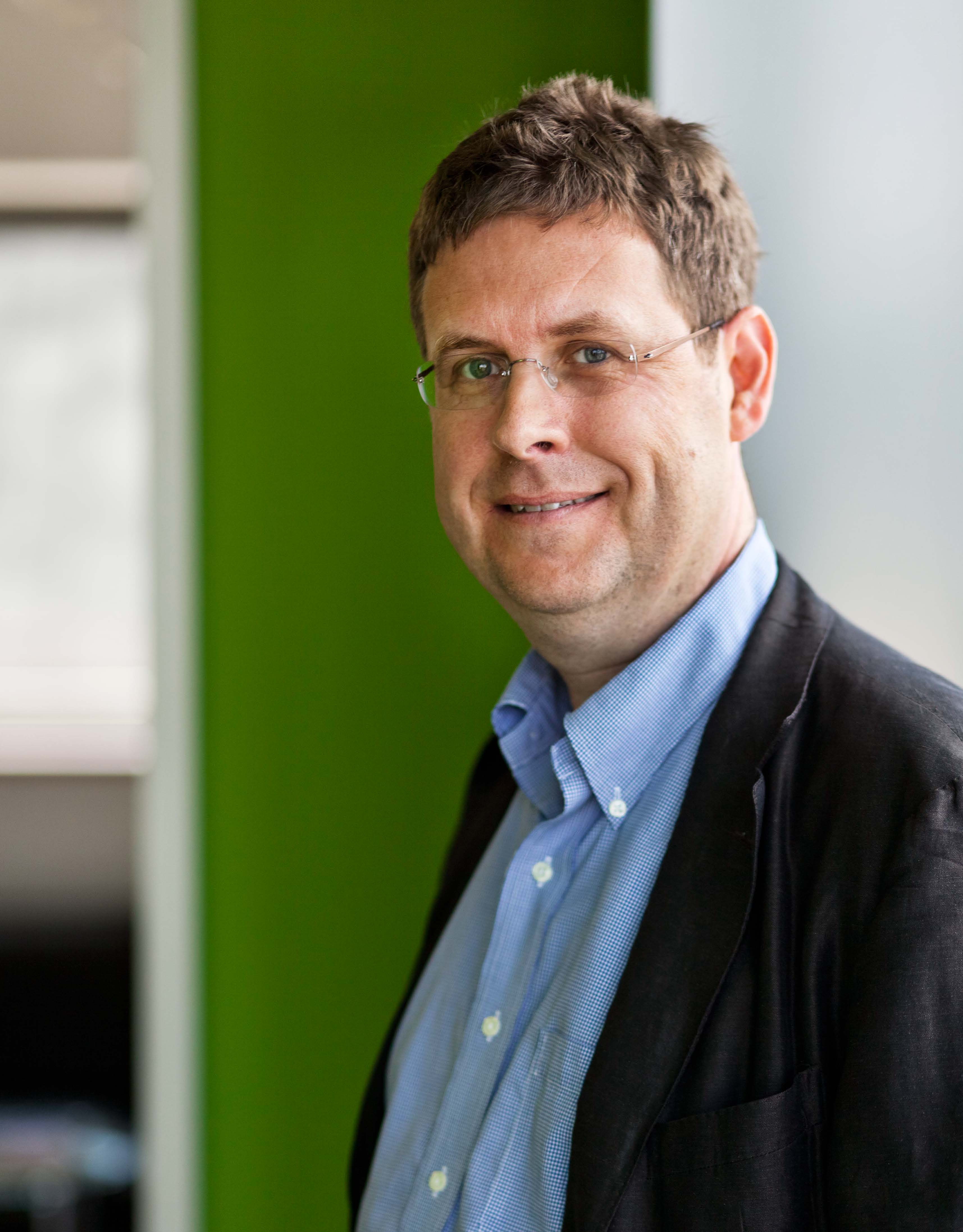
Lars-Erik Cederman is Professor of International Conflict research at ETH Zürich.
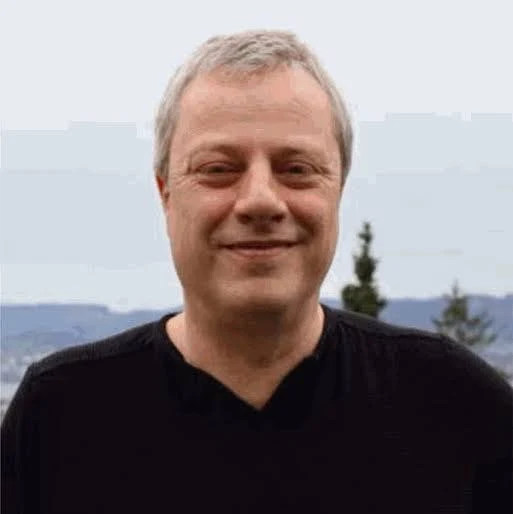
Luc Girardin is a computer/data scientist with a foot in the social sciences, working at ETH Zürich.

Matthew Wilson is Associate Professor and Director of Graduate Studies at the University of South Carolina.
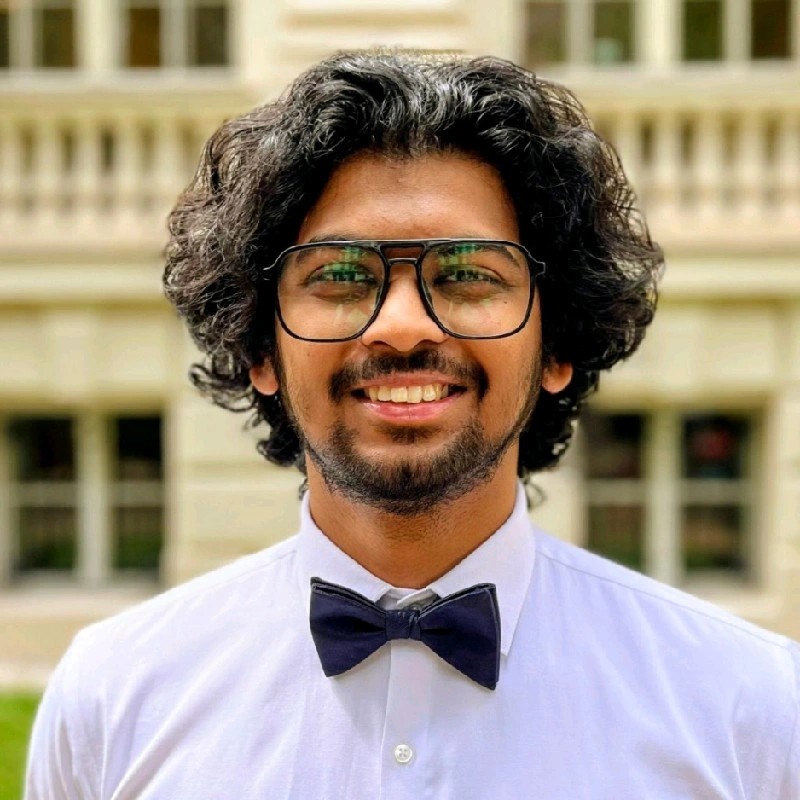
Niraj Kushwaha is a junior researcher at the Complexity Science Hub and a PhD candidate at the University of Vienna.

Paula Pirker-Díaz is a predoctoral researcher in the Complex Systems Research Group (Department of Physics and Astronomy) at the University of Potsdam.